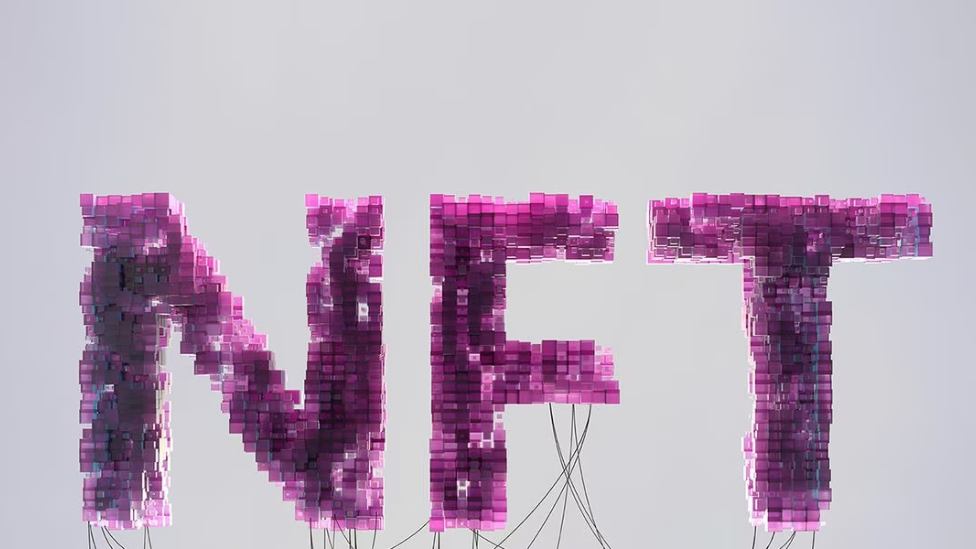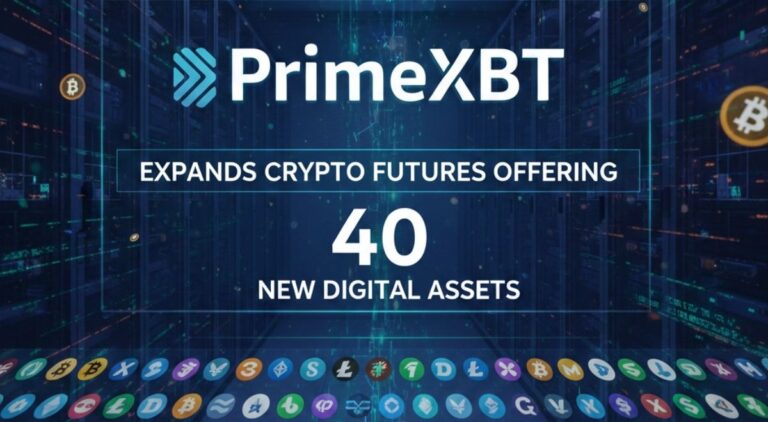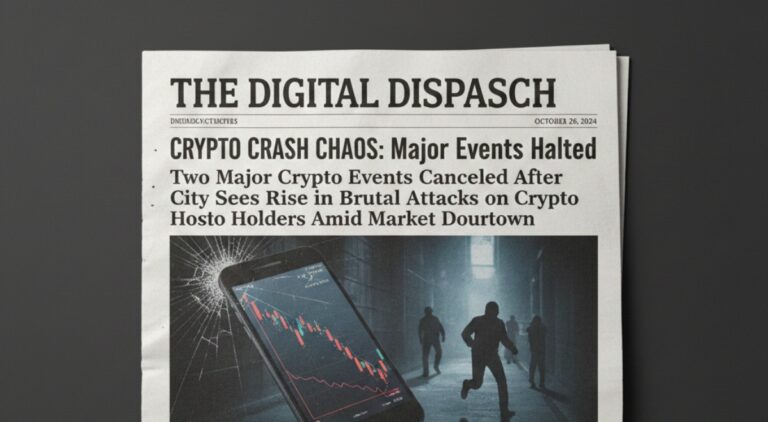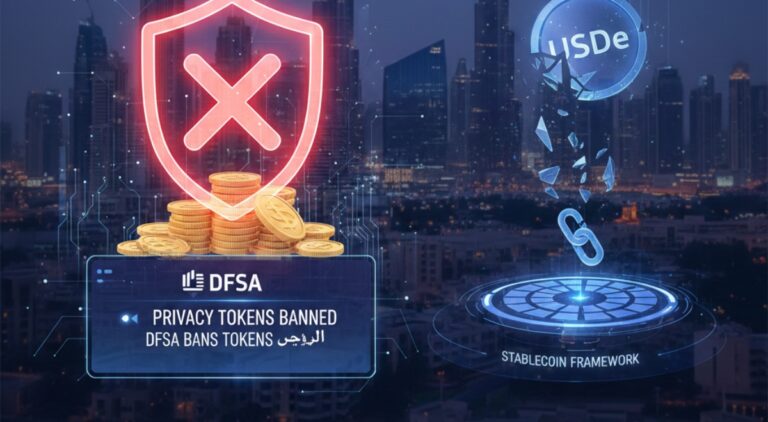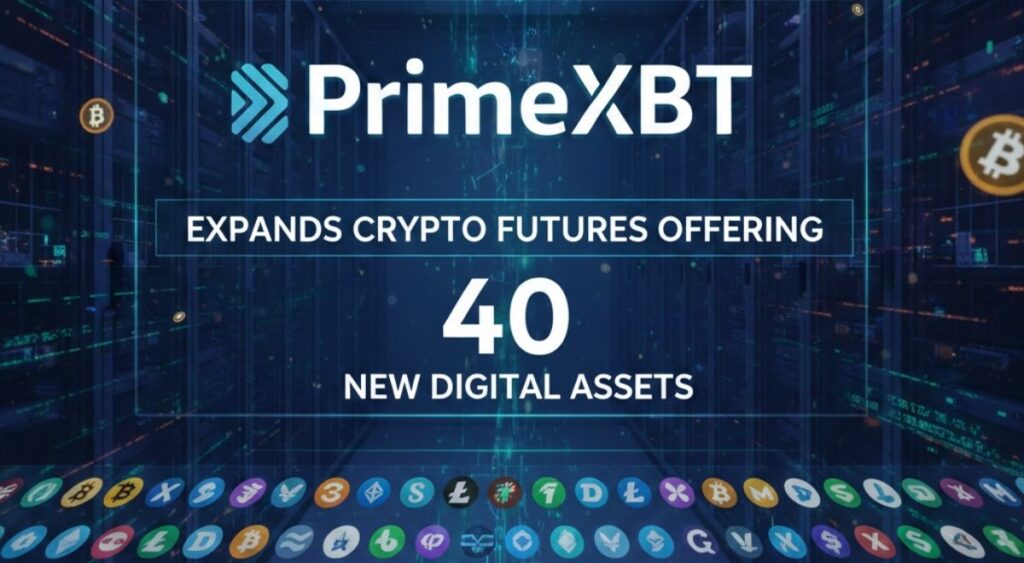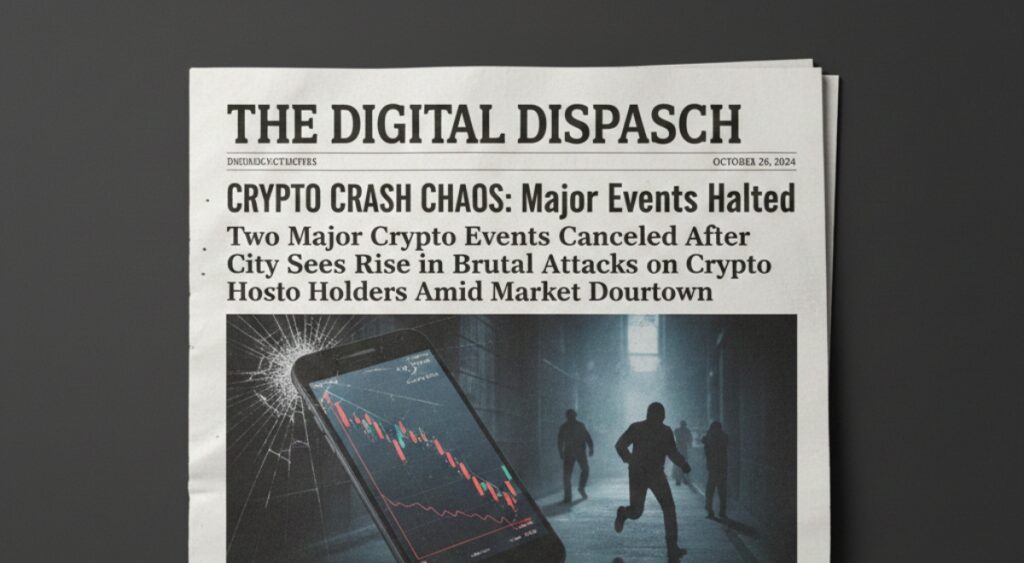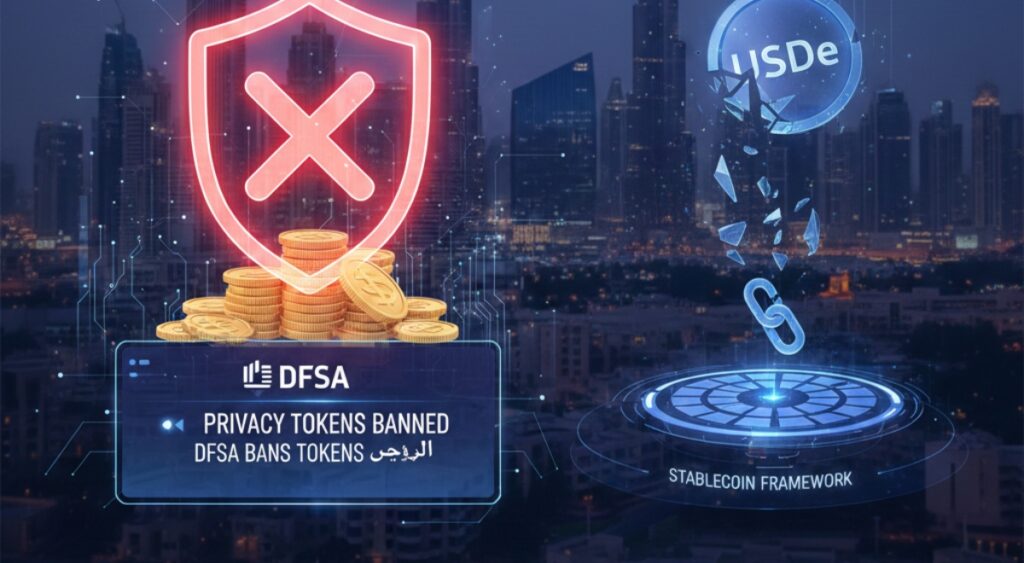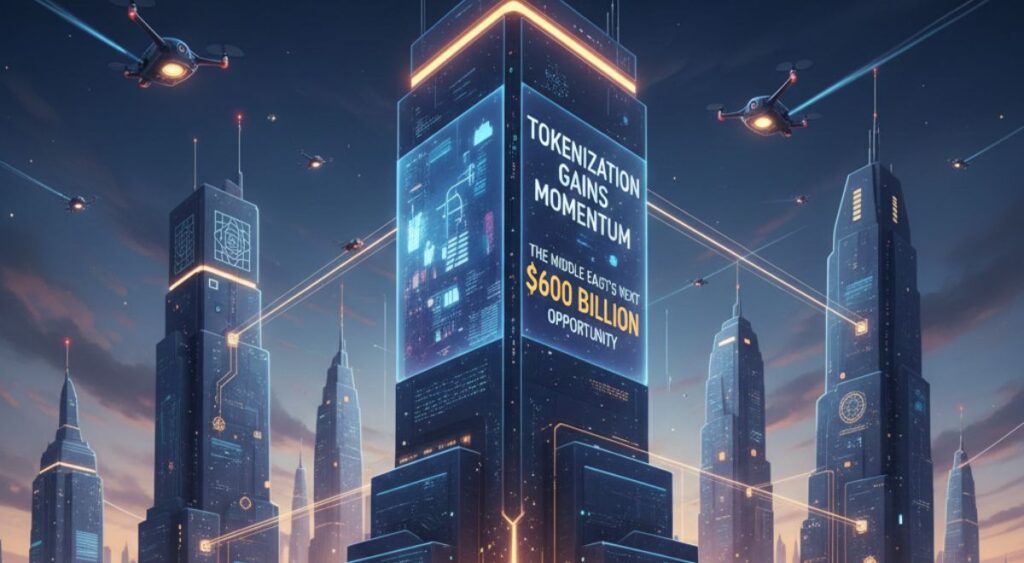Non-Fungible Tokens (NFTs) have altered the idea of ownership in the 21st-century digital landscape, opening up intriguing possibilities for economic empowerment in the Middle East. Digital items like digital art, music, virtual real estate, and other types of content are represented by NFTs. These particular digital assets serve as proof of ownership or ownership rights. Unlike bitcoins, each NFT is unique and cannot be exchanged one for one. Instead, they are unique, which elevates them to the status of expensive collector’s goods in the digital world.
This piece examines the potential role of NFTs as a driver of Middle Eastern economic empowerment. NFTs have changed the game for creators seeking fair pay and transparency in ownership verification by giving artists direct authority over their creations.
Additionally, NFTs offer innovative business models, opening new revenue streams for entrepreneurs and businesses.
Educating and Empowering Creators
With NFTs, artists can now tokenize their works of art and sell them directly to collectors on marketplaces built on the blockchain, doing away with the need for middlemen and giving them more autonomy.
The success stories of Middle Eastern musicians who have adopted NFTs demonstrate this newly discovered empowerment. Furthermore, buyers are assured that they are purchasing genuine and unique digital assets thanks to the transparency of blockchain technology, which guarantees verifiable ownership.
New Business Models and Entrepreneurial Opportunities Unlocked
NFTs are enabling new business models and entrepreneurial prospects in the Middle East, expanding their application beyond the fields of art and entertainment. NFTs’ distinctive qualities, such as indivisibility, scarcity, and verifiable ownership, have sparked creative application cases in various industries.
The metaverse’s virtual property market is one notable topic of interest. Investors wishing to purchase and build virtual properties in the metaverse have shown an increased interest in Dubai-based virtual real estate ventures like Decentraland and Cryptovoxels. These virtual spaces can be utilized for gaming, social interactions, virtual gatherings, and even advertising, offering intriguing opportunities for developers and businesspeople in the Middle East.
Beyond virtual real estate, NFTs are reshaping the fashion industry in the region. Middle Eastern fashion brands experiment with NFTs to offer exclusive digital fashion items.
Moreover, startups in the Middle East are exploring the potential of NFT-based tokenization for real-world assets, such as real estate and luxury goods. By fractionalizing ownership through NFTs, these assets can be divided into tradable tokens, providing broader investment opportunities to a wider audience.
CONCLUSIONS
In conclusion, NFTs have proven to be a game-changer for economic empowerment in the Middle East. By empowering artists and creators with direct control over their work and offering innovative business models and entrepreneurial opportunities, NFTs are reshaping the economic landscape in the region.

